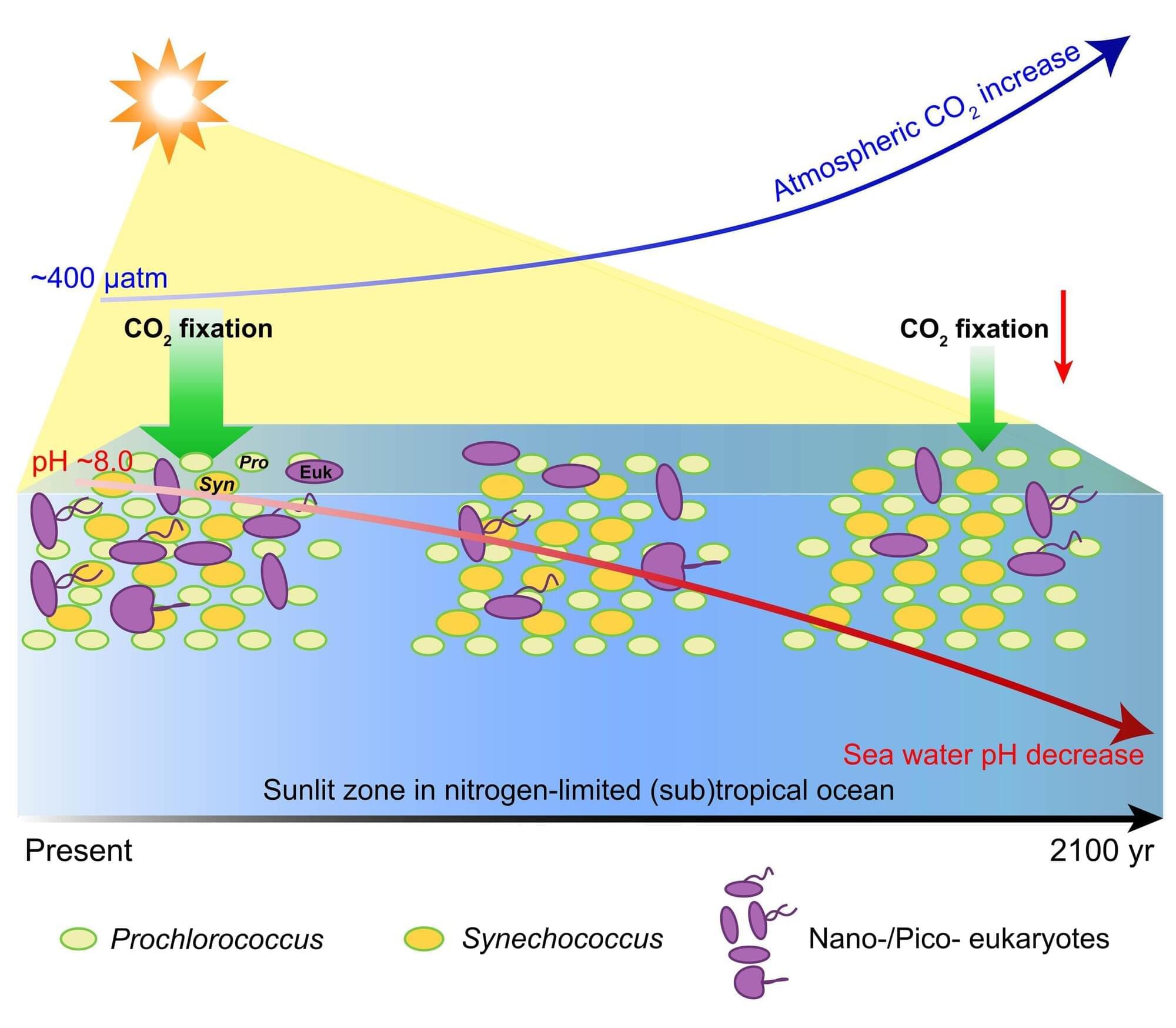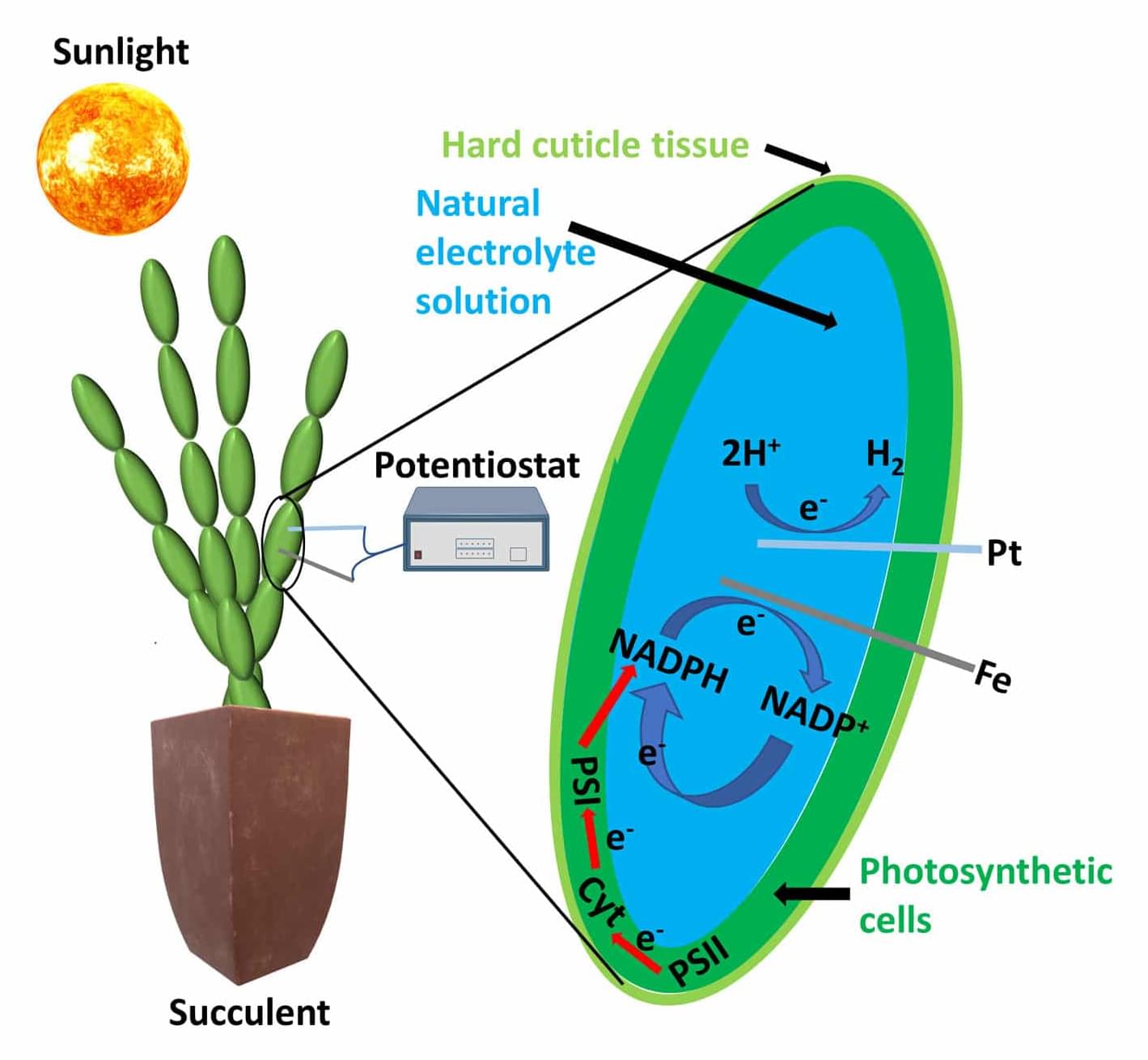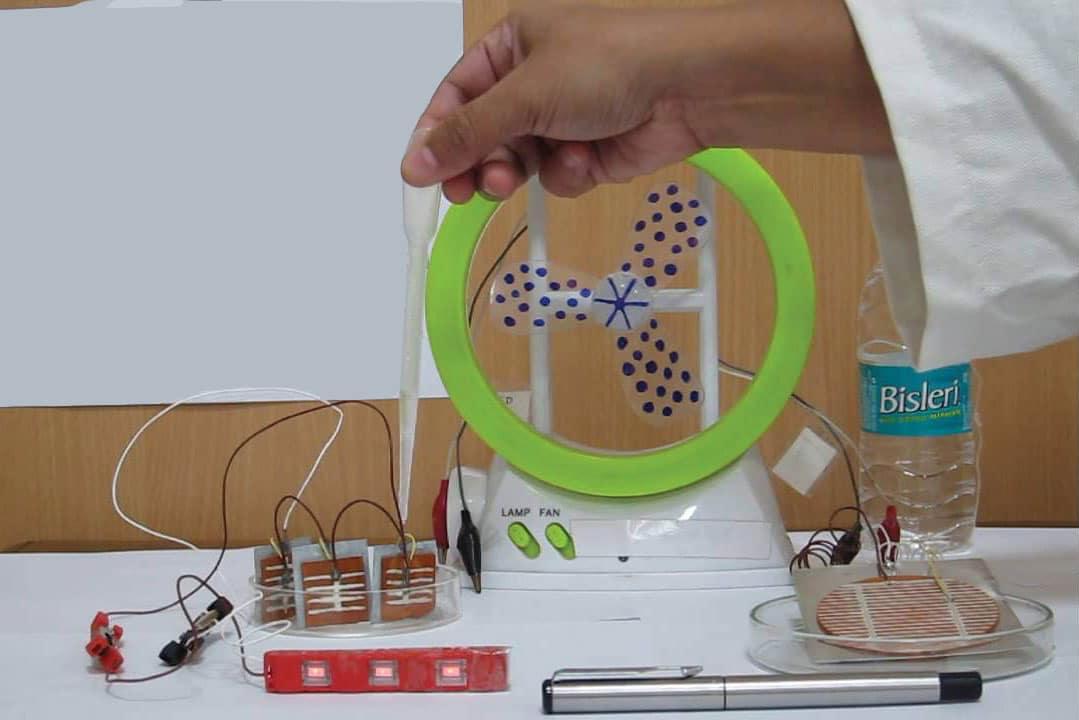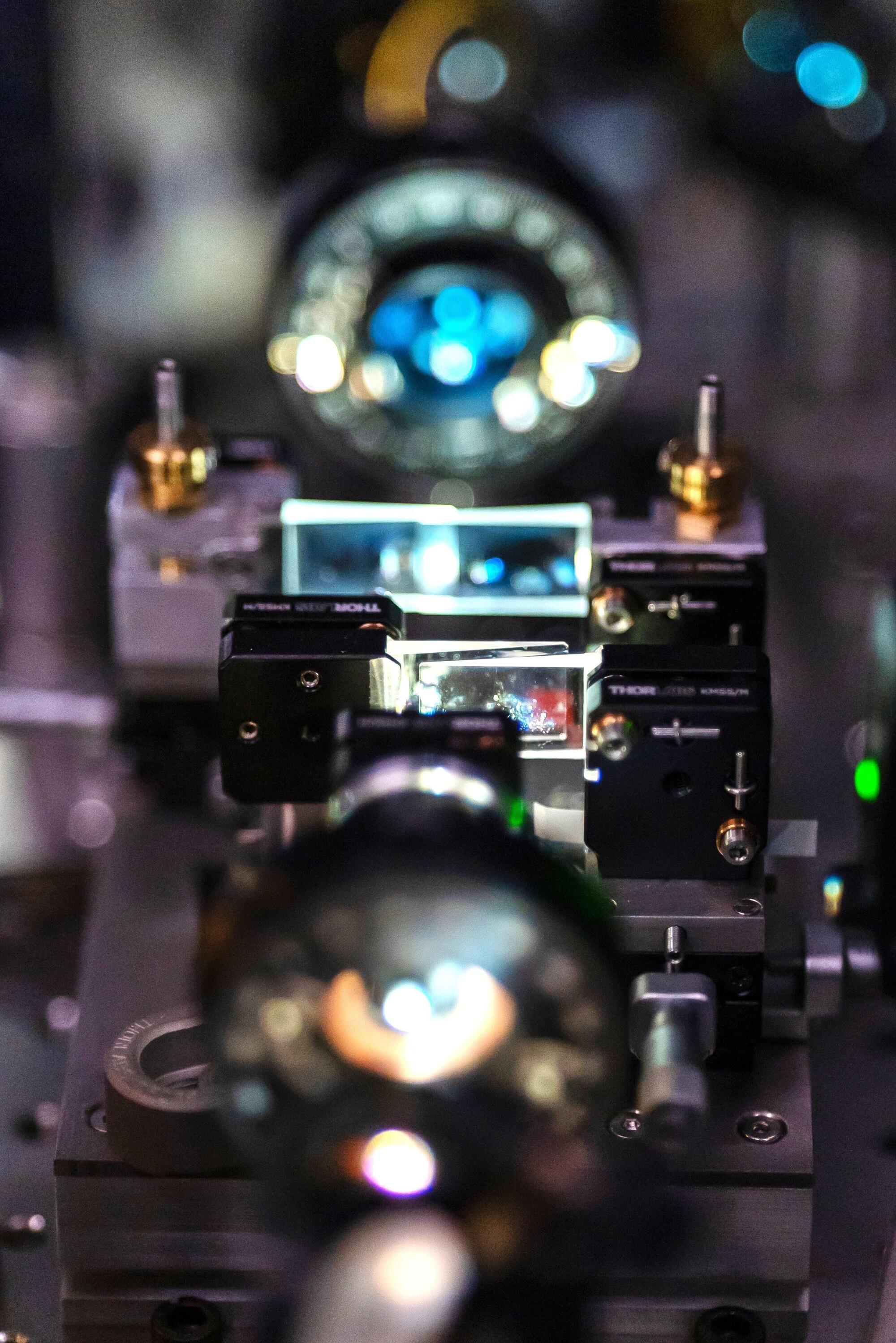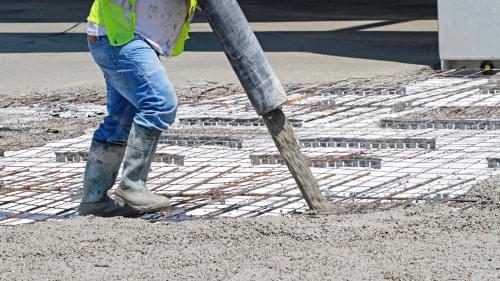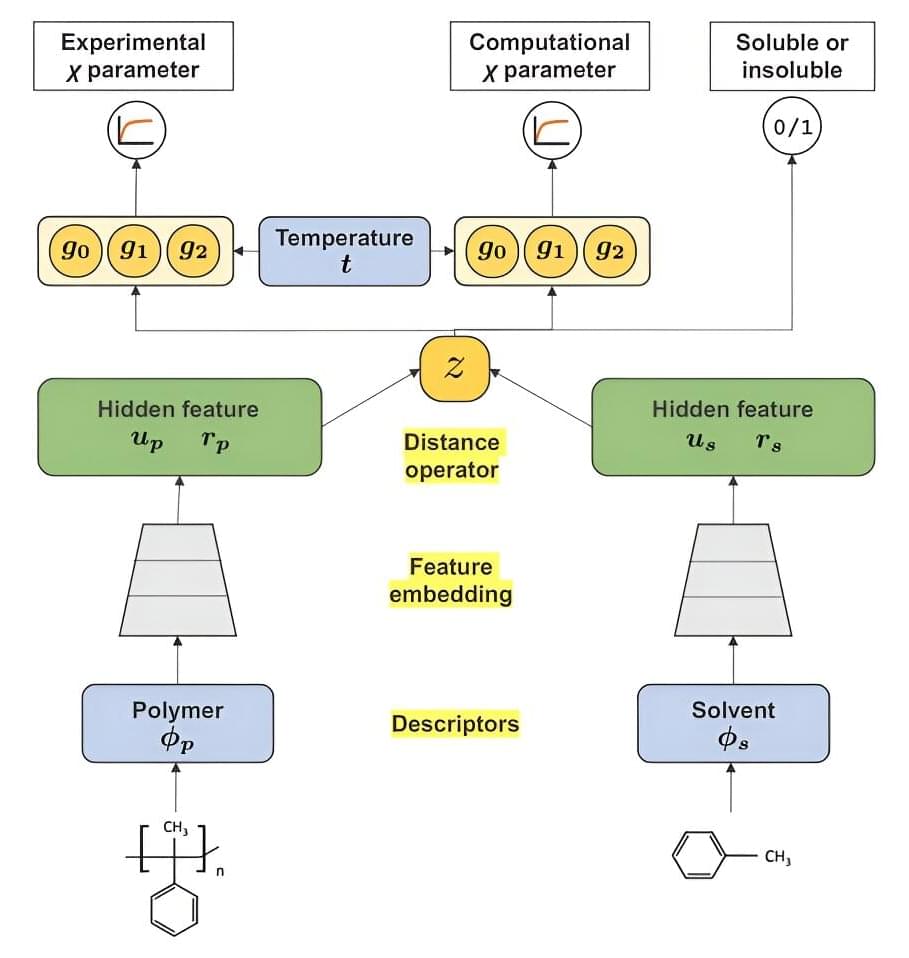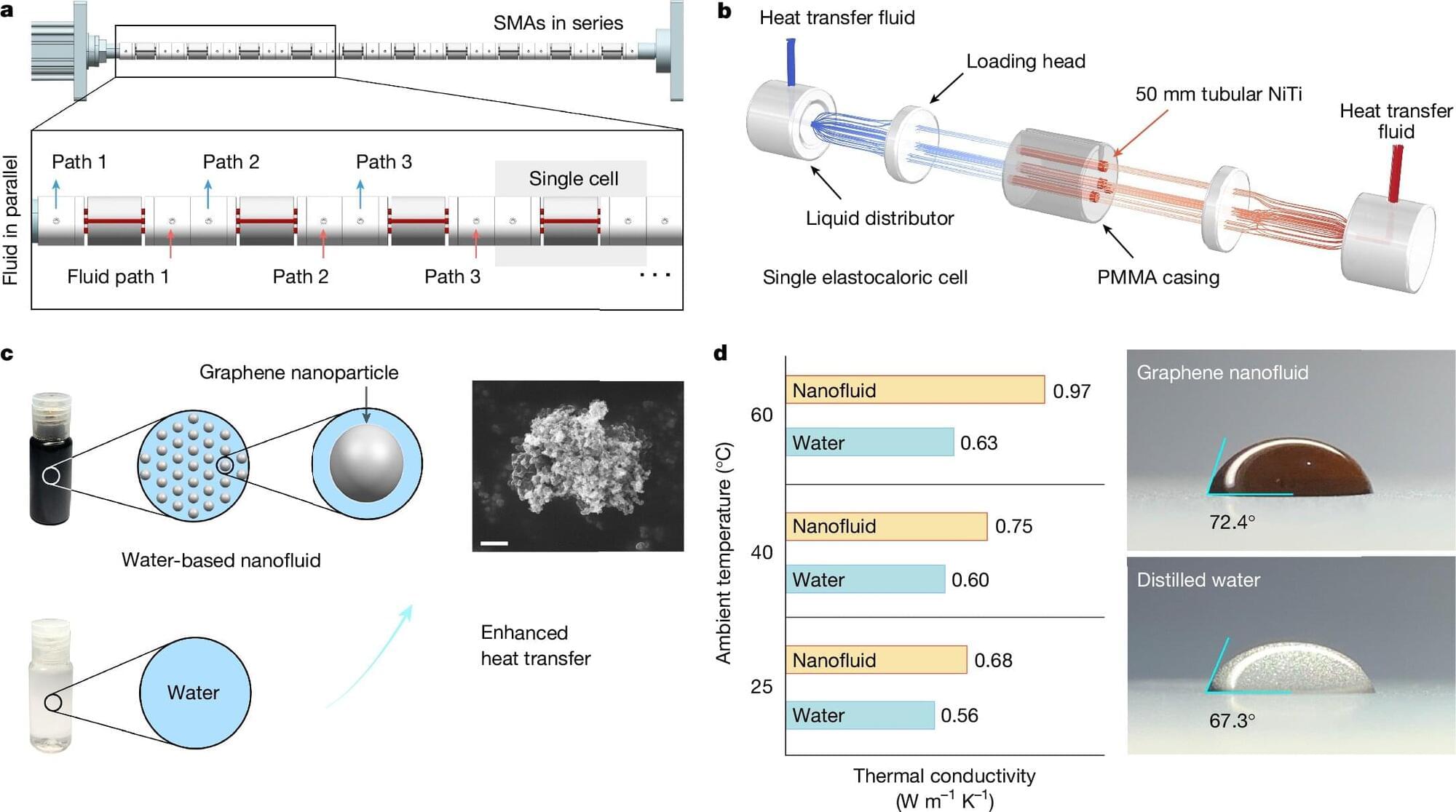Princeton University and Xiamen University researchers report that in tropical and subtropical oligotrophic waters, ocean acidification reduces primary production, the process of photosynthesis in phytoplankton, where they take in carbon dioxide (CO2), sunlight, and nutrients to produce organic matter (food and energy).
A six-year investigation found that eukaryotic phytoplankton decline under high CO2 conditions, while cyanobacteria remain unaffected. Nutrient availability, particularly nitrogen, influenced this response.
Results indicate that ocean acidification could reduce primary production in oligotrophic tropical and subtropical oceans by approximately 10%, with global implications. When extrapolated to all affected low-chlorophyll ocean regions, this translates to an estimated 5 billion metric tons loss in global oceanic primary production, which is about 10% of the total carbon fixed by the ocean each year.
